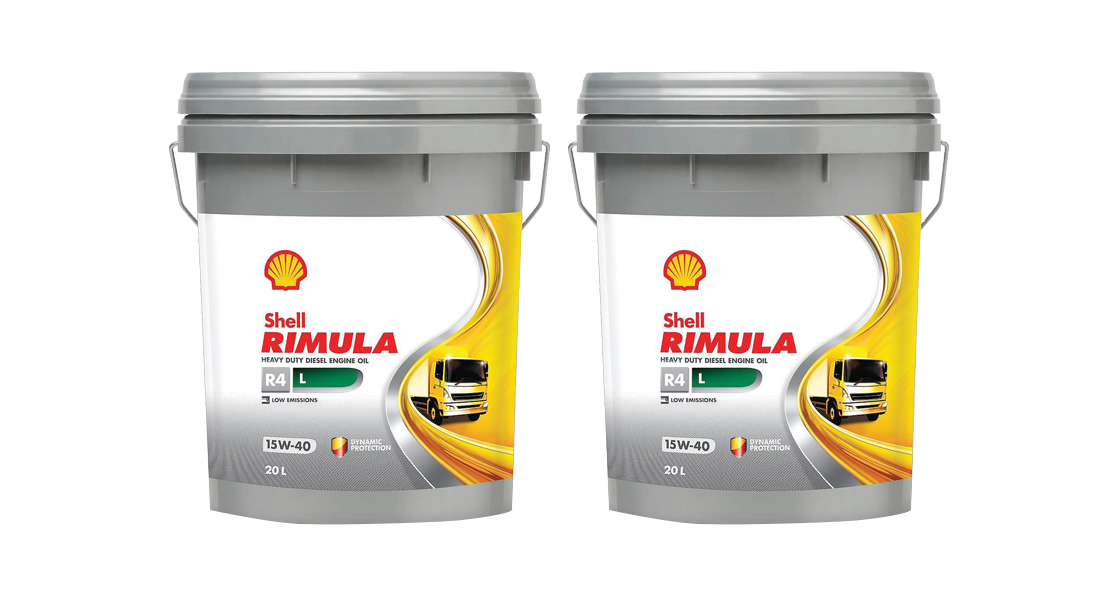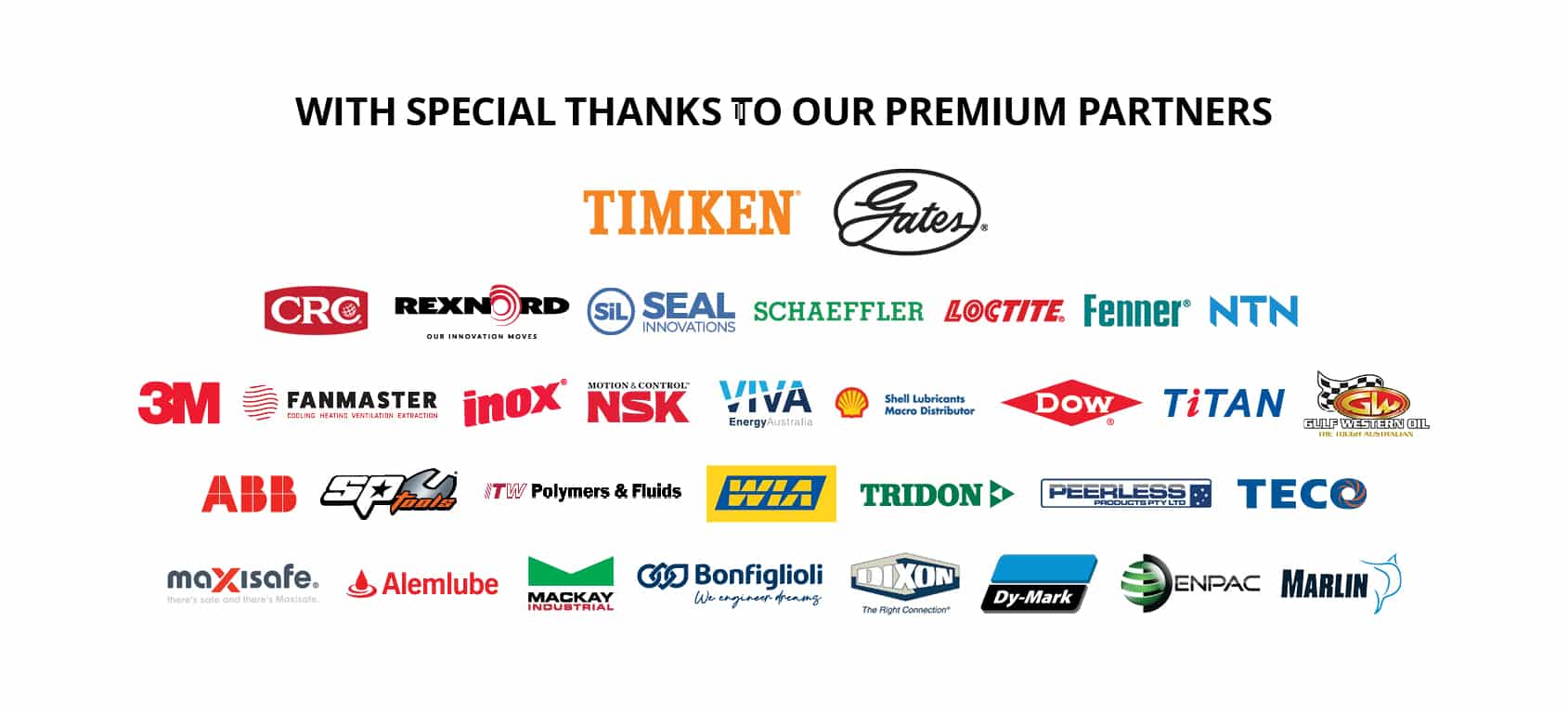
03 Sep Planning for a smooth harvest with tips from lubrication experts
With harvest season a busy time for farmers and harvesting contractors, lubrication expert Matthew Gee says the best time to service farming equipment is right before the season starts.
Matthew, Key Account Manager with Viva Energy Australia, recommends reading the owner’s manual to understand the recommended service interval for each piece of equipment.
“Some manufacturers recommend a 250-hour service interval, while others have a 400-hour window. If your equipment is going to work non-stop during the harvest period, it might be best to change the oils even if you haven’t reached the hours described in the manual.”
Steve Keown, CBC’s National Product Manager for Lubricants, says choosing the optimum oil change interval depends on the Equipment Manufactures recommendations and specific operating conditions.
“Whether your truck is operating in heavy traffic or if your harvester or tractor is idling or under load for hours on end in the field, lubricant sampling is a good way of assessing the lubricants condition to detect any contaminations before the engine oil is changed. Ideally you want to change the lubricant before it has deteriorated significantly from use. You may find it’s possible to extend the drain interval once you have a base line read on the equipment health and operating conditions,” he says.
CBC, a long-standing partner with Viva Energy, offers a wide range of premium Shell lubricants to their customers across Australia.
Shell Rimula heavy-duty diesel engine oils are a very popular and well-known product range in the Australian agriculture sector. Silvana Farrugia, Viva Energy Product Support Engineer, says Shell Rimula R4 L 15W-40 is the most commonly used engine oil for farming equipment.
“You can expect to get extended oil drain intervals with Shell Rimula R4 L 15W-40. It has improved oxidation and thermal stability and meets the latest API CK4 engine oil classification. It has been approved by a wide range of Original Equipment Manufacturers. So, if your equipment is under factory warranty, you can be confident Shell Rimula R4 L will cover any approvals recommended by the manufacturer,” she says.
Equipment cleanliness is another important factor to ensure lubricants in use are not contaminated, according to Silvana.
“If equipment isn’t clean, it can harm the crop and in extreme cases, cause crop diseases. We recommend using Dobatex Gold detergent to clean the exterior of all farming equipment regularly.”
The experts at CBC also advise on following best practices for lubricant storage.
“It’s always important to keep lubricant drums under cover and away from direct sunlight,” says Steve.
“As well as keeping the temperature as stable as possible because when lubricant drums are exposed to wide temperature variations condensation will form internally on the internal walls and under the drums top face, when the droplets increase in size they will fall into the lubricant, exposing the lubricant to water ingress.”
He also recommends using desiccant breather filters on drums and bulk storage tanks to reduce the risk of lubricants’ exposure to moisture.
“The desiccant breather filters the air going into the drum and also absorbs the moisture. The desiccant breather filters can be left in place on the drum so it assists with keeping the air space inside the drum low in moisture.”
“Correct handling of lubricants is very important,” says Silvana. “Equipment owners and users need to make sure they have the correct transfer equipment on-site. Best practice is to use a drum pump to transfer oil from large drums into smaller containers. This can also assist with avoiding using the same pump for multiple engine oils.”
Viva Energy, as the exclusive distributor of Shell lubricants, offer a comprehensive range of additional high-quality products that are suitable for use on farms, and available to purchase from your CBC branch. These include the Shell Spirax family of transmission, gear and axle oils and Shell Gadus greases.
Accessing lubrication technical expertise via digital and traditional methods is easy with Viva Energy. Shell LubeMatch helps identify the right lubricants to use for specific pieces of agricultural equipment and vehicles, and it can be accessed online or via an App. For any other queries, Silvana recommends contacting the Viva Energy Technical Helpdesk by telephone or email.
“When customers contact us, we can help answer their questions, like ‘What oil goes into my engine?’ or ‘What grease should I use for my tractor bearings?’ We can help answer these and any other questions to help them make the best choice.”

